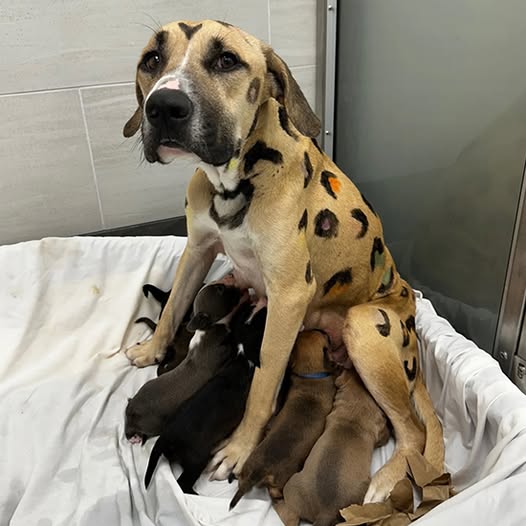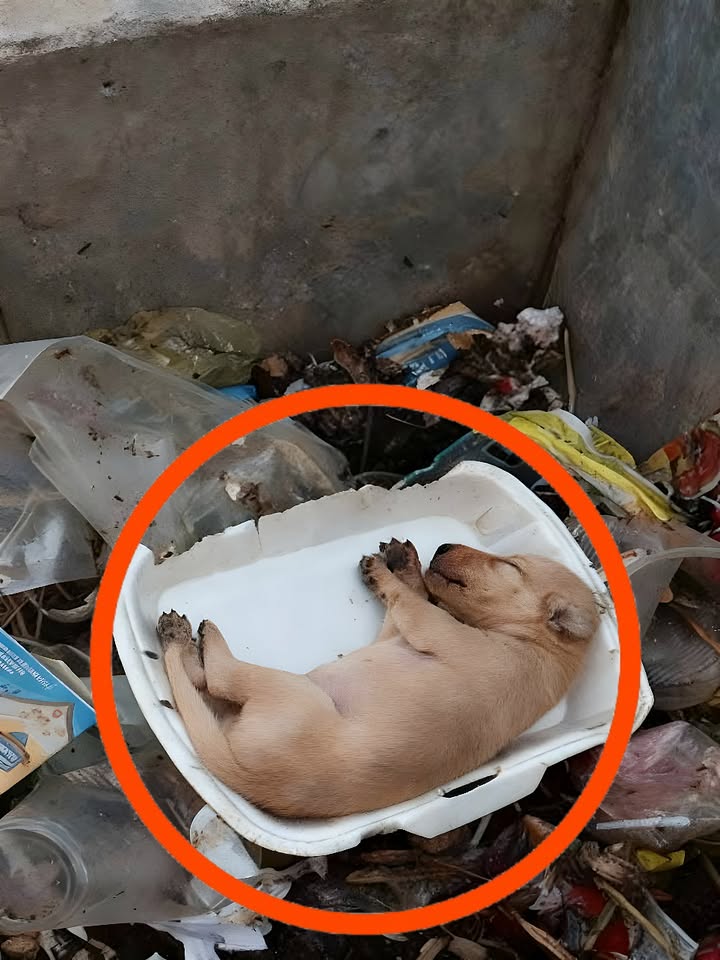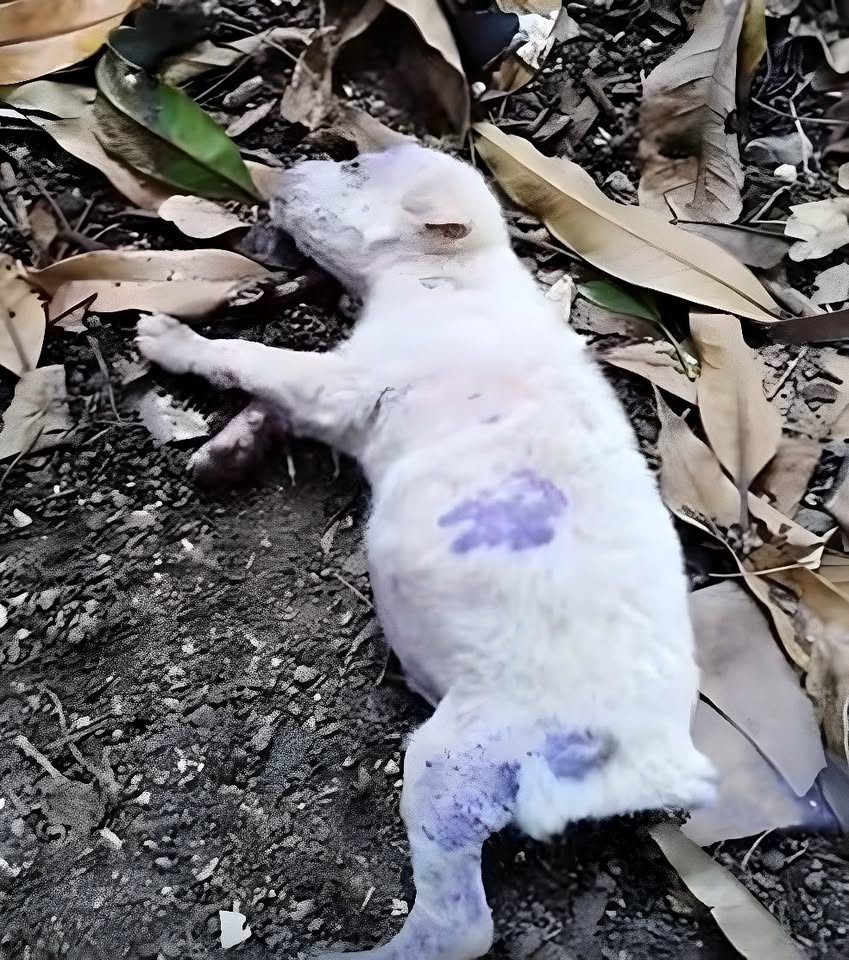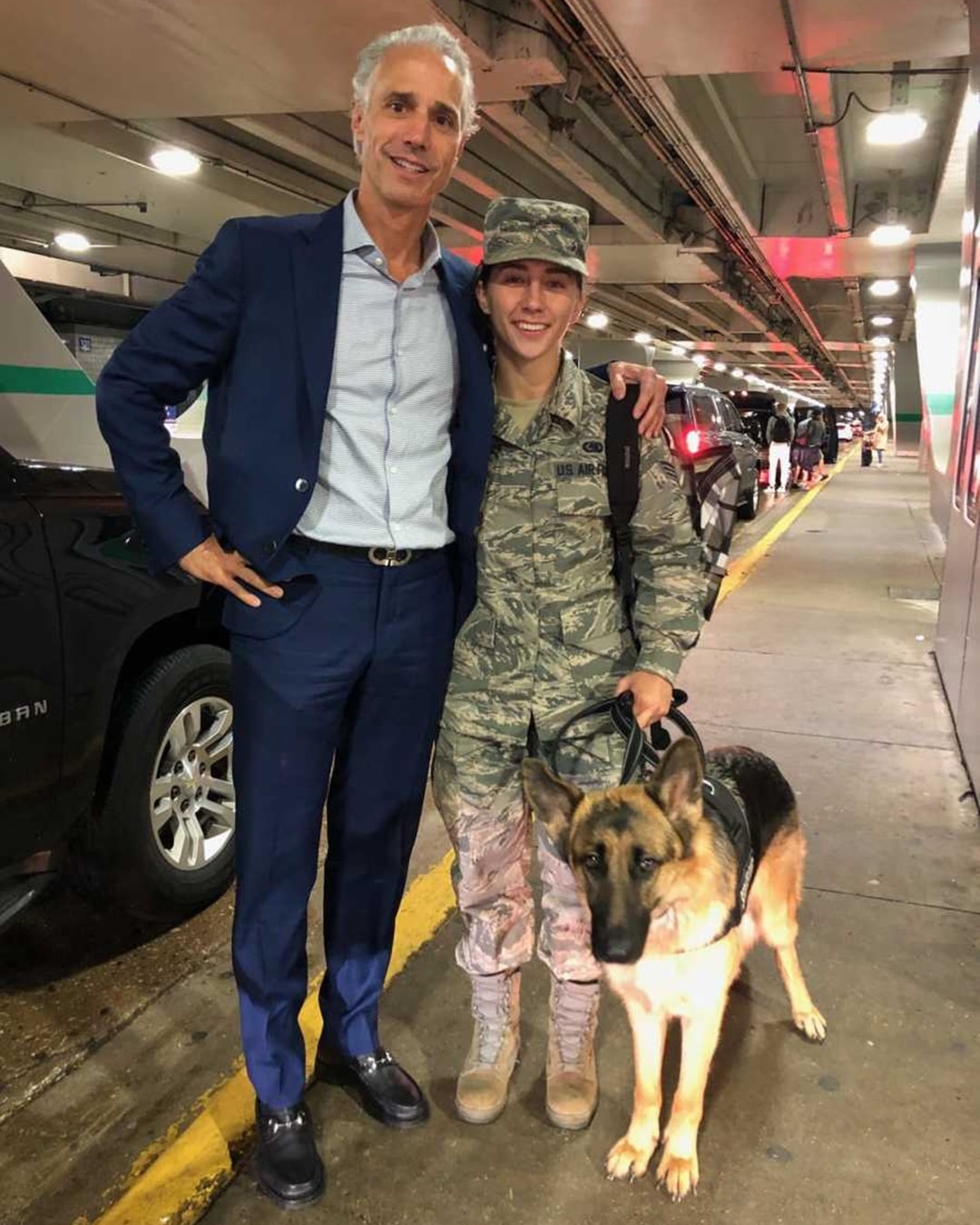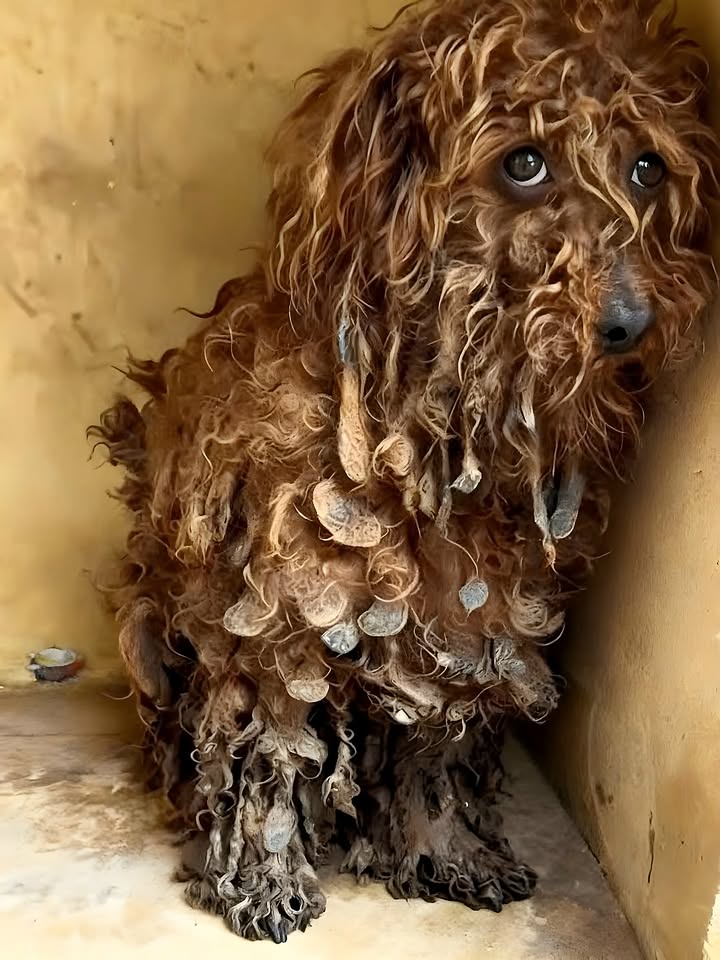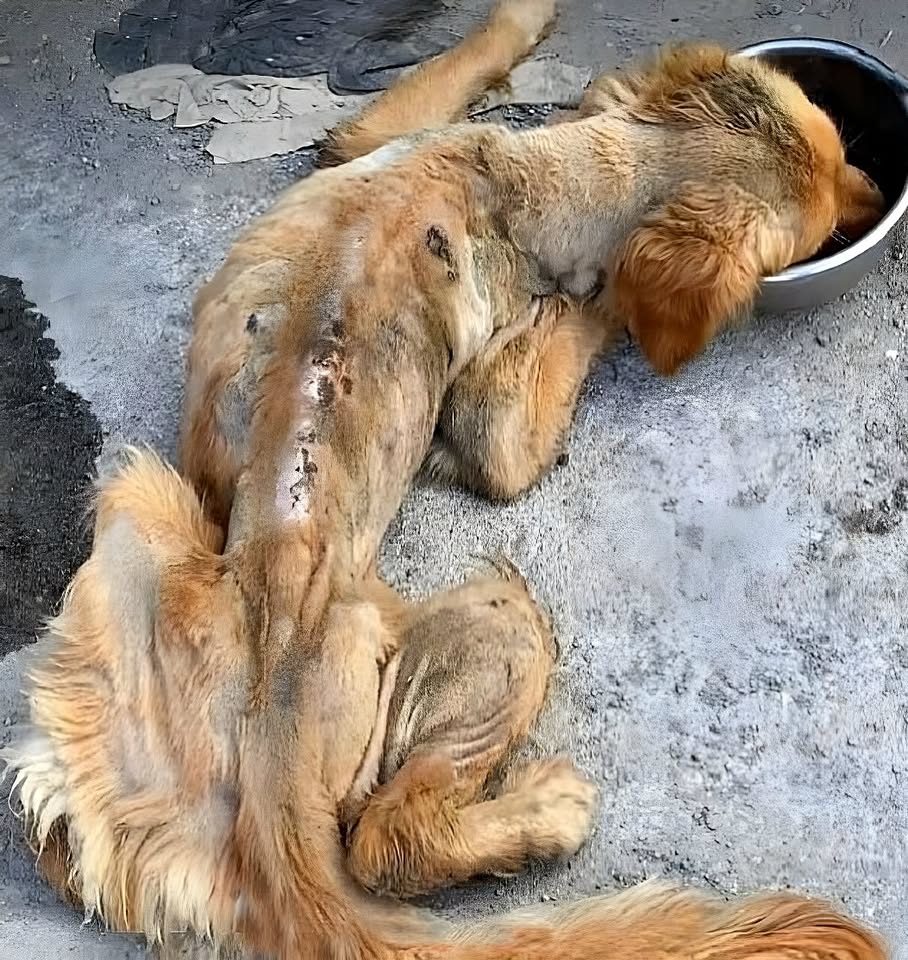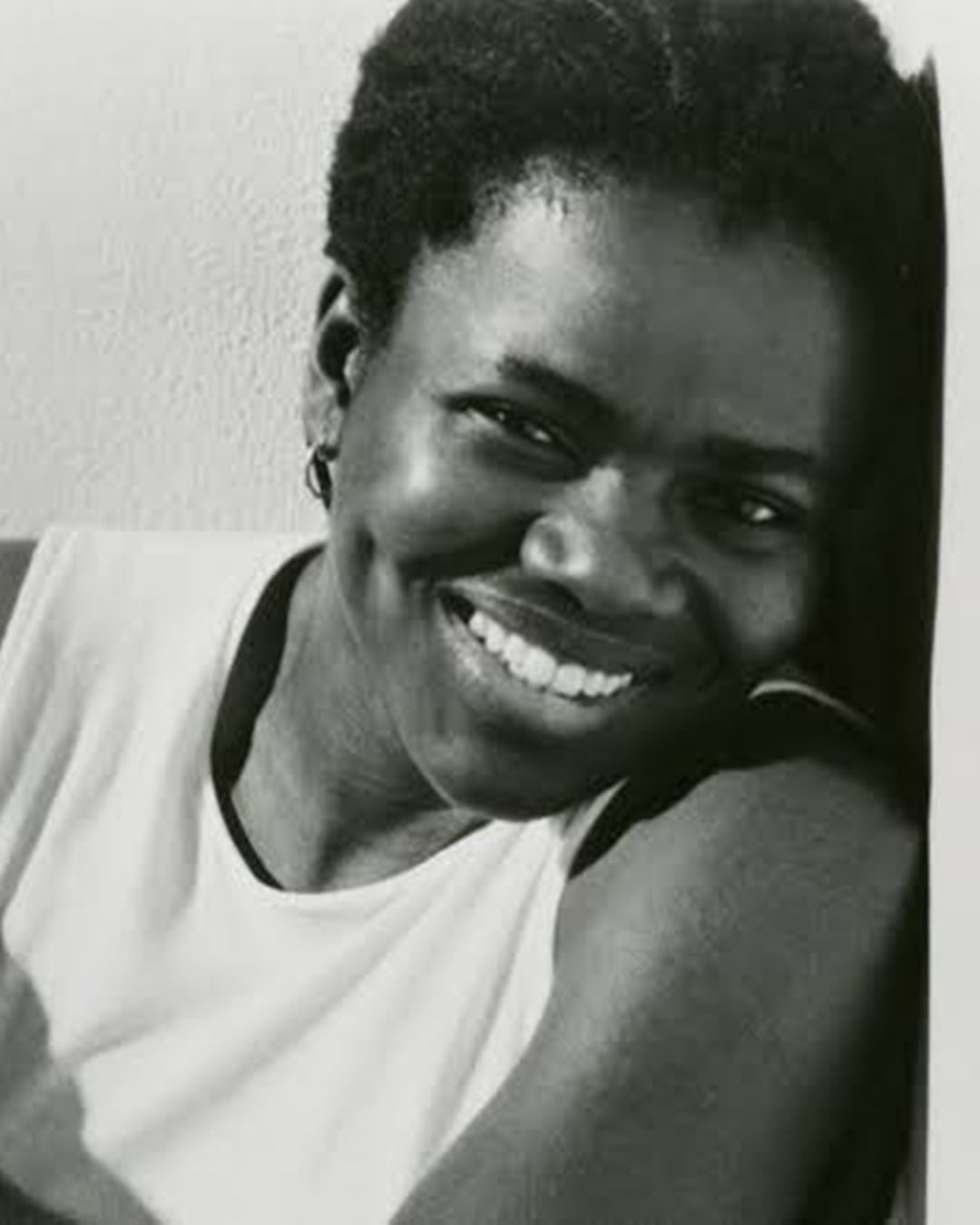They had nothing—no house, no car, no comfort. Just each other.
A man and his dog, walking side by side through cracked streets and cold nights, sharing scraps of food, sips of water, and the warmth of trust.
But then, the rhythm broke. The dog grew weaker, until one morning—no steps, no wag, no bark. Just silence.
Most would have left him behind. No money, no way, no place. But the man refused. With blistered hands, he built a small stretcher. And with a shattered heart, he lifted his only friend onto his back and carried him—step by step—through the streets they had once walked together.
It wasn’t about pity. It wasn’t about spectacle. It was love—pure, unbroken, unyielding. A bond that hunger, cold, and even death could not erase.
This singular, powerful act is more than just a story of a man and his pet; it is a profound testament to the unbreakable bond that can exist between a human and an animal, a bond that transcends circumstance and defies logic. The man’s final journey with his dying dog is a raw, unfiltered illustration of unconditional love, a concept we often discuss but rarely witness in such a potent form. In a world driven by convenience and self-interest, his sacrifice forces us to pause and re-evaluate what truly matters. He possessed none of the world’s measures of success, yet in that moment of profound grief and physical exertion, he displayed a richness of character that wealth can never purchase. His actions serve as a vital lesson in loyalty, demonstrating that the deepest connections are not forged in comfort, but are tempered in the fires of shared hardship.
The weight he carried on his back was twofold. There was the physical weight of his beloved companion, a burden his tired muscles strained against with every step. But there was also the immeasurable emotional weight of impending loss. Every footfall on the pavement was a countdown, a step closer to a final goodbye. The streets they navigated were no longer just a path from one point to another; they became a sacred space, a timeline of their shared existence. He was likely retracing the geography of their friendship—the corner where they always found a bit of shade, the alley where a kind restaurant owner would leave leftovers, the park bench that served as their living room. This was not merely transportation; it was a pilgrimage of remembrance, an honor guard of one for a life that the world might deem insignificant, but which was, to him, the entire world. This final act of carrying his dying dog was his way of honoring every moment of companionship they had shared.
For many people experiencing homelessness, the human-animal bond is one of the most stable and significant relationships in their lives. A dog offers non-judgmental love, a constant presence in a life marked by transience and isolation. They are protectors, confidants, and a source of warmth on the coldest nights. This companionship is a lifeline, providing a sense of purpose and responsibility that can be a powerful anchor against despair. The dog did not see a homeless man; he saw his person, his provider, his entire pack. In return, the man did not see a mere animal; he saw his family, his most loyal friend, and the one being who never left his side. Their relationship was a self-contained ecosystem of mutual support, built on a foundation of pure, uncomplicated trust. When the dog’s body failed, the man did not see a burden to be discarded. He saw a sacred duty, the final promise of a love that vowed to see it through to the end.
This story starkly contrasts with the often-conditional nature of modern relationships. We live in a society where it can be easy to walk away when things become difficult. We replace, we upgrade, we move on. The man’s refusal to abandon his friend in his final, most vulnerable moments is a powerful counter-narrative. He had every practical reason to leave the dog—no money for a veterinarian, no home in which to provide comfort, and the sheer physical impossibility of the task. Yet, his heart’s logic superseded all practical objections. His love was not a matter of convenience; it was a covenant. He chose the harder path, the path of blisters and aching shoulders, because it was the only path his loyalty would allow him to take. This choice reveals a fundamental truth: the value of a life cannot be measured in monetary terms, and the depth of love is not determined by one’s possessions but by one’s actions in the face of loss.
Ultimately, the man’s journey becomes a silent, moving sermon on the nature of true devotion. It challenges us to look past the surface and recognize the humanity in those who are often invisible. He may have been overlooked by society, but his actions displayed a nobility and integrity that command our deepest respect. The image of him carrying his dying best friend is a lasting symbol of what it means to love without reservation. It’s a story that reminds us that in the end, we are all defined not by what we have, but by how we love and what we are willing to carry for those we love. His final, selfless act for his dog wasn’t just for his friend; it was a lesson for all of us on loyalty, sacrifice, and the unbreakable bond that gives life its most profound meaning, right up until the very last step.

They had nothing—no house, no car, no comfort. Just each other. A man and his dog, walking side by side through cracked streets and cold nights, sharing scraps of food, sips of water, and the warmth of trust. But then, the rhythm broke. The dog grew weaker, until one morning—no steps, no wag, no bark. Just silence. Most would have left him behind. No money, no way, no place. But the man refused. With blistered hands, he built a small stretcher. And with a shattered heart, he lifted his only friend onto his back and carried him—step by step—through the streets they had once walked together. It wasn’t about pity. It wasn’t about spectacle. It was love—pure, unbroken, unyielding. A bond that hunger, cold, and even death could not erase. Because real love doesn’t abandon. It carries you—until the very end.






